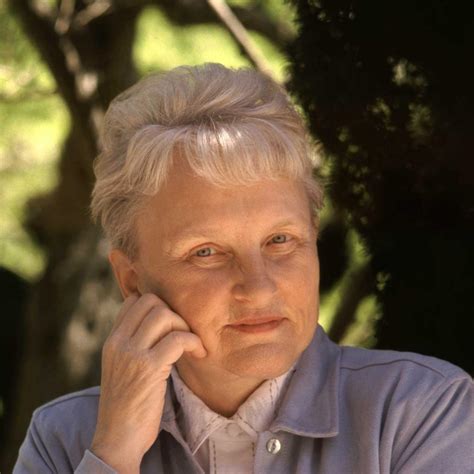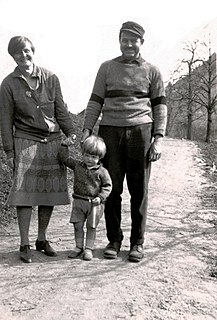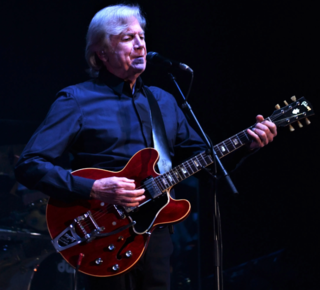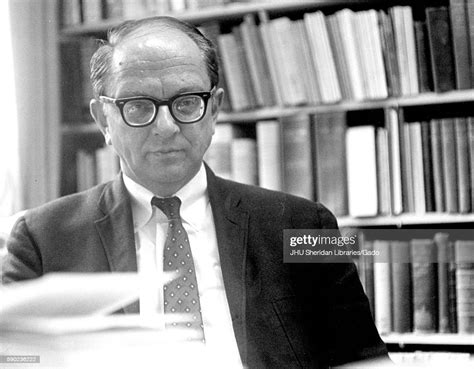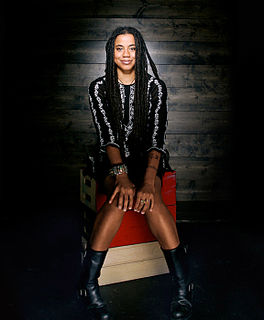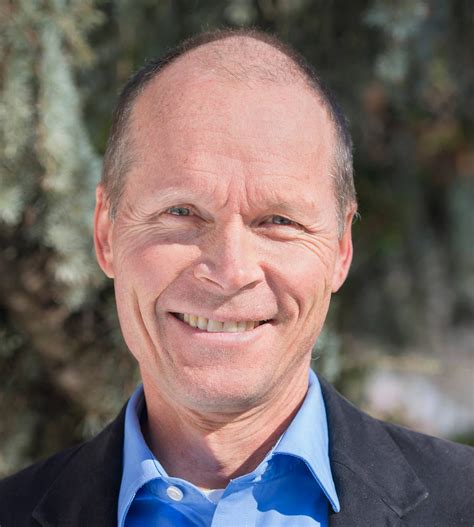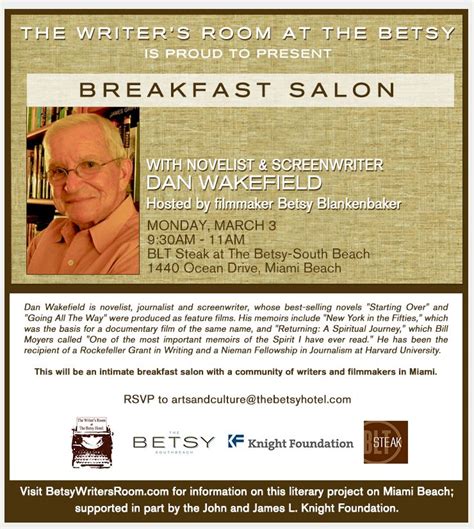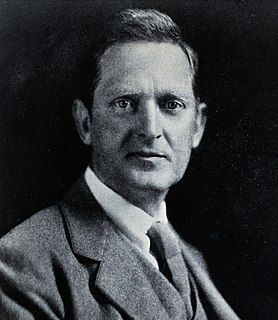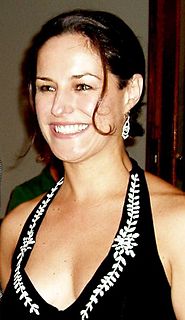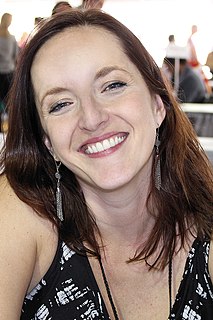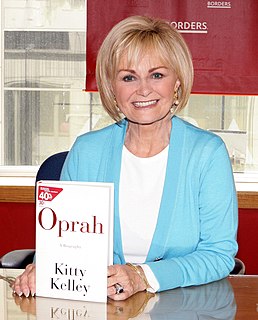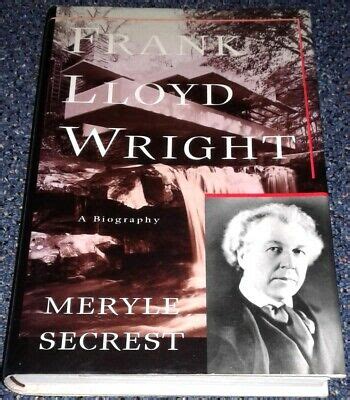Top 479 My Biography Quotes & Sayings - Page 7
Explore popular My Biography quotes.
Last updated on April 19, 2025.
Whenever I felt tempted to, I don’t know, watch cat videos or bad Netflix TV instead of writing this Brandeis biography, I thought of his stern but kindly visage and buckled down and wrote the damn thing, because there’s so much information out there, and these are such anxious times in democracy, such unreasonable times.
Char Miller's lively, insightful account of the life and world of American forester Gifford Pinchot fills a vitally important gap in environmental and conservation history. Anyone captivated by the issues and controversies surrounding the preservation and development of the nation's natural heritage should read this engaging, carefully researched biography.
The shadow-past is shaped by everything that never happened. Invisible, it melts the present like rain through karst. A biography of longing. It steers us like magnetism, a spirit torque. This is how one becomes undone by a smell, a word, a place, the photo of a mountain of shoes. By love that closes its mouth before calling a name.
In how few words, for instance, the Greeks would have told the story of Abelard and Heloise, making but a sentence of our classical dictionary.... We moderns, on the other hand, collect only the raw materials of biography and history, "memoirs to serve for a history," which is but materials to serve for a mythology.
I try to ?nd clues in the documented record - from the subject's own testimony, from the testimony of other people. When you're writing a biography, you're trying to understand your subject in the same way that you try to understand one of your friends, and that effort at understanding is always very imperfect.
At our best and most fortunate we make pictures because of what stands before our camera, to honor what is greater and more interesting than we are. We never accomplish this perfectly, though in return we are given something perfect--a sense of inclusion. Our subject thus redefines us, and is part of the biography by which we want to be known.
I'm suspicious of the idea of categories in music and this idea of things being in boxes. To me, that seems unnatural. I write the music that somebody with my biography would write, and the thing that's always driven me is an enthusiasm for the material. I sort of follow the notes to where they want to go.
I've always been fascinated by books. When I was young, my grandfather used to hand out a book - which would be anything from a biography to a classic - to me every week and ask me to write a piece on what I thought about it. On the other hand, my mother used to love reading thrillers and bestsellers.
The Revival of 1859 helped to lay the foundations of the modern international and interdenominational missionary structureEvery revival of religion in the homelands is felt within a decade in the foreign mission-fields, and the records of missionary enterprises and the pages of missionary biography following I860 are full of clearest evidence of the stimulating effect of the Revival throughout the world.
An institution is the lengthened shadow of one man; as, monachism of the Hermit Anthony, the Reformation of Luther, Quakerism of Fox, Methodism of Wesley, abolition of Clarkson. Scipio, Milton called "the height of Rome;" and all history resolves itself easily into the biography of a few stout and earnest persons. Let a man, then, know his worth, and keep things under his feet.
Everything I write doesn't appear to be biography until later. I often say that I've never written about anything I've experienced. Of course, that's not true. But it doesn't appear familiar to me at all. And maybe that's because I have to be in a kind of coma in order to write. If it appeared familiar, I wouldn't.
They (animals) are not just living things; they are beings with lives... that makes all the difference in the world...next time you are outside...notice the first bird you see…you are beholding a unique individual with personality traits, an emotional profile, and a library of knowledge built on experience…what you are witnessing is not just biology, but a biography.
We have chosen to write the biography of our disease because we love it platonically - as Amy Lowell loved Keats - and have sought its acquaintance wherever we could find it. And in this growing intimacy we have become increasingly impressed with the influence that this and other infectious diseases, which span - in their protoplasmic continuities - the entire history of mankind, have had upon the fates of men.
Isabel Wilkerson's The Warmth of Other Suns is an American masterpiece, a stupendous literary success that channels the social sciences as iconic biography in order to tell a vast story of a people's reinvention of itself and of a nation-the first complete history of the Great Black Migration from start to finish, north, east, west.
I've only cried at one book, but I'm too embarrassed to tell you which. It wasn't terribly intellectual. I will admit, though, to crying when I've read books aloud to my elementary class. We read a biography of Gandhi once, and it was very difficult to read the part where Gandhi was killed, because they were waiting for a happy ending.
Biography is the medium through which the remaining secrets of the famous dead are taken from them and dumped out in full view of the world. The biographer at work, indeed, is like the professional burglar, breaking into a house, rifling through certain drawers that he has good reason to think contain the jewelry and money, and triumphantly bearing his loot away.
Like when you pick up a book and you don't realize what type of text it is - it could be an essay, a novel, a biography - and at one point you realize you don't know where, as a reader, you want to be. Where are you going with this text? What is the goal? How are you supposed to interpret what you're reading? And people's responses vary - some dislike it, and are put off by the confusion, the lack of comprehension.
A great biography should, like the close of a great drama, leave behind it a feeling of serenity. We collect into a small bunch the flowers, the few flowers, which brought sweetness into a life, and present it as an offering to an accomplished destiny. It is the dying refrain of a completed song, the final verse of a finished poem.
All of the Antilles, every island, is an effort of memory: every mind, every racial biography culminating in amnesia and fog. Pieces of sunlight through the fog and sudden rainbows, arcs-en-ciel. That is the effort, the labour of the Antillean imagination, rebuilding its gods from bamboo frames, phrase by phrase.
I'm getting very sorry for the Devil and his disciples such as the good Le Chiffre. The devil has a rotten time and I always like to be on the side of the underdog. We don't give the poor chap a chance...the Devil had no prophets to write his Ten Commandments and no team of authors to write his biography.
Whatever is unnamed, undepicted in images, whatever is omitted from biography, censored in collections of letters, whatever is misnamed as something else, made difficult-to-come-by, whatever is buried in the memory by the collapse of meaning under an inadequate or lying language - this will become, not merely unspoken, but unspeakable.
I feel like real thoughts and emotions involve the whole being. And they also outstrip little personal quirks, and they outstrip biography. You end up on a really special, universal, shared terrain in those experiences. I think it's available to absolutely every single thing made of flesh and blood.
I think all of us in the pursuit of more perfect version of the truth and the story need to reckon with what we bring to the story, and I think that I'm confronting that in a very real way everyday. I'm extremely proud of who I am and it's nice to see it celebrated, but if someone were to ask me to list in order the biography, you know journalist comes first.
I don't think my writing has much to do with my age. For me, my biography is more about what I was reading at what age. It's more of an intellectual thing of wanting to be free to write and think without being too bound by categorisation. I don't think I'm made for these times; I feel more like an old-fashioned writer.
If for no other reason, Frank Lloyd Wright would be justly famous for Fallingwater, one of the most extraordinary houses in the world. This biography of a house is also a celebration of the creative minds who envisioned it and provides all the reasons, if any are needed, why Fallingwater should be cherished as a national monument. Franklin Toker has performed an invaluable service.
Reading any collection of a man's quotations is like eating the ingredients that go into a stew instead of cooking them together in the pot. You eat all the carrots, then all the potatoes, then the meat. You won't go away hungry, but it's not quite satisfying. Only a biography, or autobiography, gives you the hot meal.
Heinrich Zimmerhe had a little saying : The best things cant be told - because they are transcendent, inexpressible truths. The second best are misunderstood : myths, which are metaphoric attempts to point to the way toward the first. And the third best have to do with history, science, biography, and so on. The only kind of talking that can be understood is this last kind.
It's time for male leaders to not only ask for binders of qualified women, but to re-write the definition of 'qualified.' The best man for the job, may in fact, be a woman, whose biography is not traditional, but is rich with experiences and skills that are not necessarily learned either in school or on the job.
For a while I got into the South Pacific theater of World War II. I read "American Caesar" by William Manchester, the biography of General MacArthur. Because of that I ended up reading "Tales of the South Pacific" by James Michener and then because of that reading his "Hawaii." That is what happens.
If you read philosophical texts of the tradition, you'll notice they almost never said 'I,' and didn't speak in the first person. From Aristotle to Heidegger, they try to consider their own lives as something marginal or accidental. What was essential was their teaching and their thinking. Biography is something empirical and outside, and is considered an accident that isn't necessarily or essentially linked to the philosophical activity or system.



